Ivory Coast
The former First Lady of Côte d'Ivoire, Simone Gbagbo, asked "forgiveness" from the victims of several violent political crises, during a meeting in Bouaké (center) on Sunday, a few months before regional and local elections and two years from the presidential election.
“I once again want to ask for forgiveness from the whole nation and from all those who suffered terrible suffering, who lost parents, jobs and were forced into exile,” she said in Bouaké, a stronghold of the armed rebellion that attempted in 2002 to overthrow the regime of former president Laurent Gbagbo, her ex-husband.
The rebellion, made up of militias, had taken control of the country's northern half for several years. "I grant my forgiveness to all those who have caused harm to the Ivorian nation and to my person" , "to my relatives" and to his "political family", she added.
"I urge all the political leaders of Côte d'Ivoire to follow me in this exercise", she continued, in front of thousands of activists and sympathizers of her party, the Movement of Capable Generations (MGC).
Also, present at the speech were representatives of the ruling Rassemblement des Houphouëtistes pour la democratie et la paix (RHDP), and the main opposition party, the Democratic Party of Côte d'Ivoire - African Democratic Rally (PDCI-RDA).
Simone Gbagbo demanded, in addition, the return of the leader of the 2002 rebellion, Guillaume Soro, now in exile and sentenced to life imprisonment by Côte d'Ivoire in June 2021 in connection with an attempted insurrection in 2019.
It is, according to her, in the "interest" of Côte d'Ivoire " that he returns to the country and that he has the opportunity to participate in the process of national reconciliation", initiated by the current head of the State Alassane Ouattara, specifying that she "did not approve" of Mr. Soro's "role" during the 2002 crisis, but that she "forgave" him.
Sentenced in 2015 in Côte d'Ivoire to 20 years in prison for "undermining state security", for acts related to the post-electoral crisis of 2010-2011, Simone Gbagbo benefited from the national reconciliation process by an amnesty law in 2018.
Alassane Ouattara's victory in the 2010 presidential election, contested by the outgoing Laurent Gbagbo, led to five months of crisis and left 3,000 dead.
Deploring a lack of "transparency" and "equity" , Ms Gbagbo also asked for a postponement of the regional and municipal elections scheduled for September 2023, the first in which her party, created in 2022, will take part.



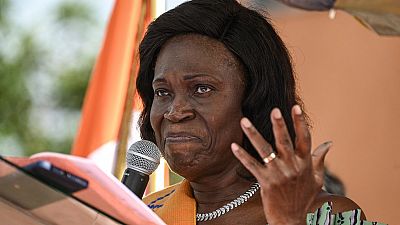

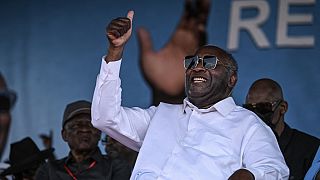
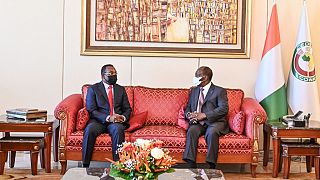
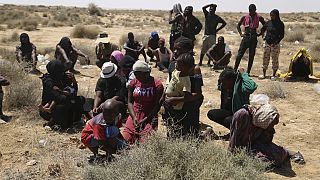
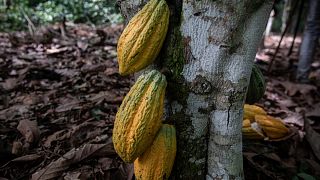




01:00
Tidjane Thiam removed from electoral list ahead of presidential election
Go to video
Tanzania opposition says jailed leader not seen by family, lawyers
Go to video
Tunisia jails opponents, critics of President Saied
Go to video
Tidjane Thiam nominated to run in Ivory Coast presidential election
Go to video
Uganda plans law to allow military prosecution of civilians
Go to video
Tanzania opposition protests election ban